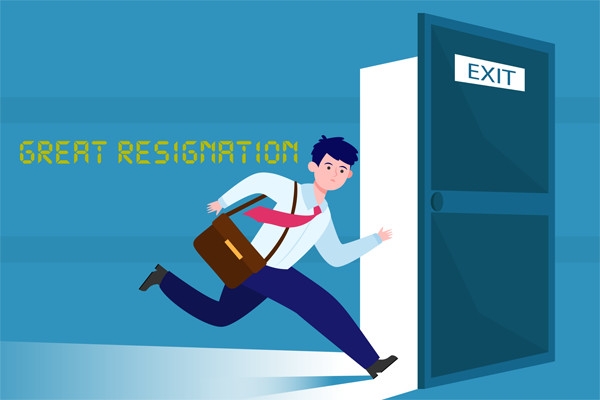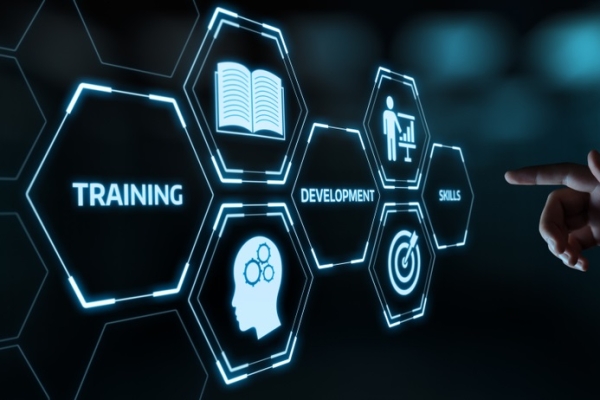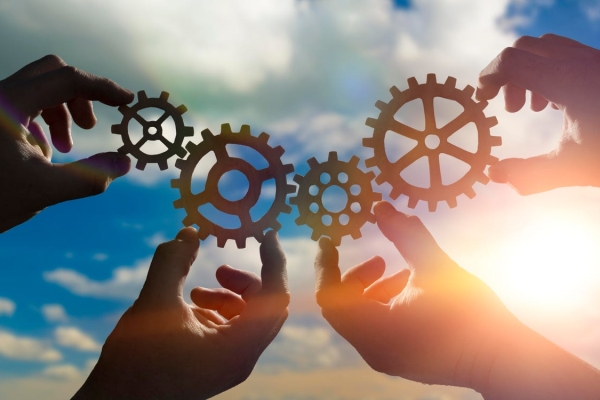Organisations are transitioning towards a new era of work practices. Disruptive technologies, innovative work environments such as shared spaces, augmented workforce, the rapid evolution of the gig economy, etc., are changing the workplace. This, in turn, is bringing about changes in work processes and employee expectations.
As studies show, at least nine out of ten employees are disengaged today, causing higher attrition, absenteeism, accidents, and human error, costing companies in due course. One might argue as to how changes in work processes and evolved workplaces are unable to address employee disengagement. The answer is in the way employees are being read and assessed. The Employee 2.0 is the professional of the 21st Century, is increasingly mobile and tech-savvy, seeks flexibility, growth, development, and most importantly, desires a great workplace experience.
What drives experience?
Experience, by definition, spans a broad spectrum. As far as workplaces are concerned, the experience that an employee expects is simple yet significant enough to drive their decision, behaviour, and output. As has been discovered by the Virgin Group, culture, wellbeing, and engagement lead to exceptional employee experience.
A well-defined organisation culture encompasses robust philosophies about its people and an evolved sense of leadership. It rests on diversity and inclusion at all levels, which is not limited to social background or experience, but also extends to thoughts and beliefs, valuing thinking time, and the transparency with which an organisation functions. A strong organisation culture also gets reflected in the way they handle employee wellbeing. Focusing on wellbeing lets your employees know that they are cared for, both inside and outside the office. This can go a long way in fostering a holistic environment where employees want to thrive.
From engagement to experience
Leading global organisations are tracing the missing links in employee expectations and organisational vision, paving the path for unparalleled company culture. Google has revolutionised the workspace by way of nap pods, in-house laundry services, flexible hours, and contractual roles. CISCO, on the other hand, leverages data from workplace analytics, facilitates employees with digital tools for a collaborative environment, and harnesses the power of mixed reality at workplaces to enhance their employee experience. From training and development, compensation, perks and benefits, and engagement activities, global organisations are implementing new workplace initiatives. It is important to understand that all these are not being done for sounding rational from an HR standpoint, but because somewhere they heard or identified what employees have been seeking.
All about listening
The one thing common among successful organisations is their ability to listen. For years, companies have focused on the satisfaction of their clients and customers. The time has arrived to look from inside out rather than outside in. Are they seeking new HR policies or peer support? Do they want to focus on management and leadership training or invest in technology?
Unlike their predecessors, millennials have evolved beyond perks and monetary benefits. They seek a stronger relationship with the organisation through support, empowerment, an opportunity to grow, and finding an emotional connection to the work they do. When those who drive organisational changes themselves change, it is most likely to affect the work environment. These changes might not be strikingly visible to the management, but they need to be identified through listening - that is what will enable them to be able to successfully manage the wants, needs, and desires of the employees, and build significant experiences.
Does your organisation support you in maintaining work-life boundaries?
Trending
-
SBI General Insurance Launches Digital Health Campaign
-
CredR Rolls Out 'Life Happens' Leave For Its Employees
-
Meesho Announces 30-Week Gender-Neutral Parental Leave Policy
-
Microsoft Unveils Tech Resilience Curriculum To Foster An Inclusive Future
-
60% Indian Professionals Looking For Job Change Due To COVID: Survey
-
SpringPeople And Siemens Collaborate For Digital Transformation Push
-
86% Professionals Believe Hybrid Work Is Essential For Work Life Balance: Report
-
Almost 1 In Every 3 People's Personal Life Affected Due To Work Stress
-
Meesho Rolls Out Reset And Recharge Policy For Employees
-
80% Of Talent Leaders & Academics Say Pandemic Changed Skill Needs For Youth: Report
-
Hero Electric Rolls Out 'Hero Care' Program For Employees
-
Human Capital In Collaboration With ASSOCHAM Hosts Virtual Conference
-
IKEA India, Tata STRIVE Collaborate To Create Employability And Entrepreneurship Opportunities
-
SAP India, Microsoft Launch Tech Skilling Program for Young Women
-
DXC Technology, NASSCOM Collaborate For Employability Skills Program
-
Lenskart To Hire Over 2000 Employees Across India By 2022
-
Mindtree Launches Learn-and-Earn Program
-
Tata AIA Extends 'Raksha Ka Teeka' To Its Employees
-
Swadesh Behera Is The New CPO Of Titan
-
NetConnect Global Plans To Recruit 5000 Tech Professionals In India
-
Hubhopper Plans To Hire 60% Of Indian Podcasters By 2022
-
Corporate India Needs More Women In Leadership Roles: Report
-
Aon to Invest $30 Million and Create 10,000 Apprenticeships by 2030
-
Tech Mahindra Launches ‘Gift a Career’ Initiative for Upskilling of Youth
-
40% Women Prefer Flexible Working Options in Post-COVID World: Survey
-
3 out of 4 companies believe they can effectively hire employees virtually: Report
-
Vodafone , CGI and NASSCOM Foundation launch digital skills platform
-
Odisha: Bank, postal employees to deliver cash for elderly, differently-abled persons
-
Skill India launches AI-based digital platform for "Skilled Workforce"
-
Hiring activity declines 6.73% in first quarter: Survey
-
70% startups impacted by COVID-19 pandemic
-
Bajaj Allianz Life ropes in Santanu Banerjee as CHRO
-
Over 70 Percent MSMEs look at cutting jobs to sustain businesses
-
93 Per Cent employees stressed about returning to office post-lockdown
-
Johnson & Johnson India announces family benefits for same gender partners
-
Indian firms turning friendly towards working mothers
-
Welspun India names Rajendra Mehta as new CHRO
-
Wipro partners with NASSCOM to launch Future Skills platform



Human Capital is niche media organisation for HR and Corporate. Our aim is to create an outstanding user experience for all our clients, readers, employers and employees through inspiring, industry-leading content pieces in the form of case studies, analysis, expert reports, authored articles and blogs. We cover topics such as talent acquisition, learning and development, diversity and inclusion, leadership, compensation, recruitment and many more.
Subscribe Now












































Comment